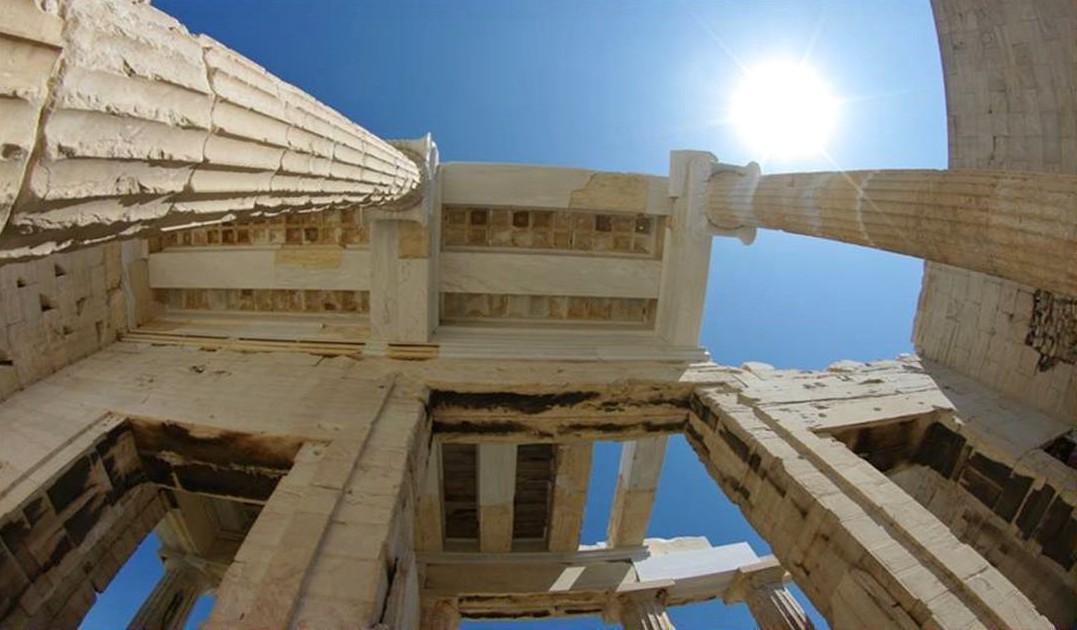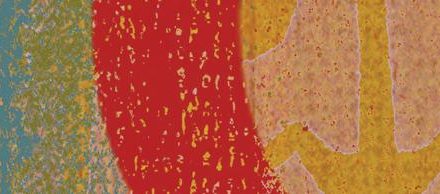Study in Greece has issued its 2020 Summer Schools catalogue, offering people from around the world the opportunity to follow a short-term course while experiencing life in a Greek city. Participants can fully learn more about the country’s rich art, culture, history and traditions, explore its varied landscape through field trips and cultural activities, while also acquiring intercultural communication skills.
There are several different programmes available, covering many fields and areas of interest from architecture and digital technologies to psychology, music and theatre. All programmes approach the curriculum through a “Greek” lens, drawing not only from the country’s culture and history, but also from other aspects of its distinct identity, including its geography, folk tradition and even its status as a refugee-hosting country.
Study in Greece
Study in Greece (SiG) is a non-profit organisation, fully endorsed by the Greek state, consisting of members of the Greek academic community, faculty and students. One of its central purposes is to promote academic programmes in Greece, aiding, guiding and supporting international students who wish to undertake all or part of their studies in the country. Creating an educational and cultural bridge between Greece and other countries, SiG members aim to establish Greece as an international destination for education and research.
Part of SiG’s core mission is function as a “one-stop shop” for studies in Greece: provide information on studying and living in Greece, promote and support educational activities and opportunities addressed to students from abroad, promote and organise educational programmes and activities in cooperation with Greek public universities as well as organise and implement study abroad and exchange programmes, connecting Greek and international educational institutions, academics and researchers. The organisation has also recently issued its 2019-2020 Study Abroad catalogue for international students in a short-term study programme in a Greek university or educational institution, together with Greek students.
 Affiliated institutes
Affiliated institutes
Study in Greece collaborates with a continuously growing network of established institutions around the country. These are state educational institutions including the National and Kapodistrian University of Athens, National Technical University of Athens, the Technical University of Crete, the University of Peloponnese, the Harokopio University of Athens, the University of Macedonia, the University of West Attica, the University of the Aegean, the Democritus University of Thrace, the International Hellenic University, the Mediterranean Agronomic Institute of Chania, the Epidaurus Lyceum, Employ and the International Olympic Academy, as well as institutions and companies from the private sector, including Meet Culture, Muse Academy, R&J Cultural Life, Study Rooms and The λamda Project.
This not only means that participants have a wide variety of subjects to choose from, but also that they have the opportunity to study not only in Athens, but also in other parts of Greece with an equally long history and many interesting archaeological, historical and cultural sites. Thessaloniki, Sparta, Nafplio, Kalamata are some of the places where participants will either live in or visit, since most programmes feature field trips, guided tours and outdoors activities, offering hands-on experience and a taste of life in Greece.
Programmes
The programmes offered draw from a variety of disciplines thanks to the multiple collaborations obtained. Some of the fields of study covered are architecture, psychology, international relations, theatre, music, history and art, often through an interdisciplinary approach, studied in relation to contemporary technologies and tools of the digital era. All programmes draw from the Greek experience, either as a source of knowledge or as lens through which the subject is examined.
“Athens biography through the city’s architecture”, “Migration and its Discontents”, “Theatre and Society”, “Spatial Digital Humanities – Decoding the spatial content of historical representations”, ” The Music of the Greeks – from the harp to the bouzouki “, “From Mycenae to Mystras” and “The narration of the myth and speech of the city with the contribution of the arts” are some examples of the programmes offered.
 Practical information
Practical information
Each programme covers a 10-day span, Friday through Sunday. The suggested dates are: 19/6 –28/6, 3/7 – 12/7, 10/7 – 19/7, 17/7 – 26/7 and 21/8 – 30/8. Apart from the academic support provided, SiG also offers complete logistics services, taking care of everything from the moment a student is picked up at the airport until the moment of departure.
Cost: The average cost of each programme ranges between 1,900 € to 2,000 € per week depending on the programme. The cost includes accommodation, two meals per day, transportation and tickets for museums and archeological sites (depending on the study programme). This does not cover transportation to and from Greece and personal expenses. It should be noted that these costs correspond to summer courses, and may be lower should a student choose to undertake a programme during the rest of the year.
Transportation: SiG takes full care of transportation, including public transport, private buses, train or ship tickets and travel agencies, depending on the programme.
Accommodation: SiG collaborates with hotels, premium hostels and dormitories around Greece. If the programme takes place in more than one location, everything will be arranged for accordingly; field trips and guided tours are also fully organised by SiG.
For more details on the programmes, cities and practical information, you can download the Summer Schools catalogue here.
Read also via Greek News Agenda: Study Abroad programmes in Greece; International Cavafy Summer School 2020: “Cavafy Mediated”; Study in Greece: International Hellenic University celebrates ten years
N.M.
TAGS: EDUCATION | MODERN GREEK STUDIES | SCIENCE | STUDY IN GREECE














